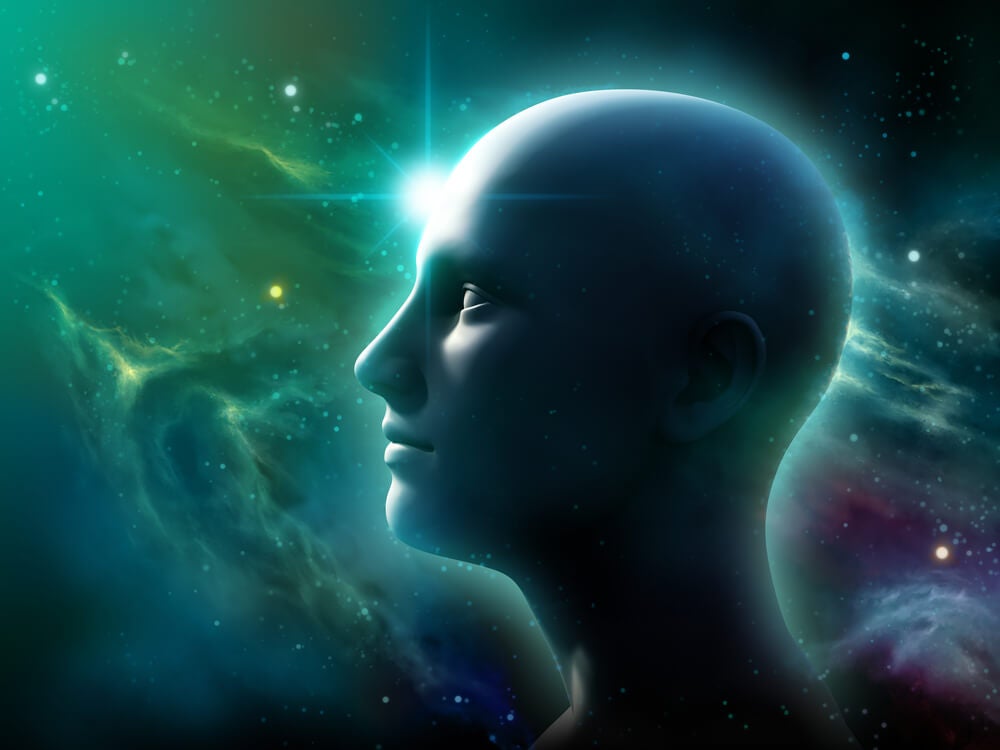Feelings, thoughts, memories, rituals, myths? Humanity shares common elements that, according to Carl Jung’s collective unconscious theory, constitute a kind of psychic heritage. So, we’d be in front of one? Of meanings that we inherit as a social group and that, in a certain way and according to this theory, affect our behavior and emotions.
We have all heard of Jung’s contribution to the world of philosophy and psychology in the early twentieth century, the same one that motivated his break with psychoanalytic theory and which, in one way or another, further away from Sigmund Freud. Lastly, the unconscious was only the part of the mind where we kept all the experiences that were once conscious and then repressed or forgotten, Carl Jung went much further and transcended the individual plane.
- “The pendulum of the mind alternates between perceiving and not perceiving.
- And not between good and evil.
- “- Carl Jung-.
This psychiatrist, psychologist and essayist did not see the unconscious as a personal manifestation of the individual himself, on the contrary, in his clinical practice and in his own experience he felt a kind of much deeper universal consciousness. In fact, whether it’s the cosmic night or the primordial chaos from which the archetypes and psychic heritage that we all share as humanity emerge.
Few theories have been so controversial in the world of psychology. Jung’s thinking is one of the first attempts to reveal the mechanisms that act below our level of awareness of our thoughts and behaviors.
Carl Jung himself once said that the theory of the collective unconscious is one of those ideas that, being transcendent and important, project the sense of absurdity, however, as we delve into it, we begin to find familiar and even revealing elements.
We are talking about one of the cornerstones of Jung’s thought, but at the same time, it was also the origin of many of his problems, for as they explain in his own books, he interrupted half his life defending this notion of the unconscious of voices. what reproached him for not having shaped the subject using the scientific method.
At this point, many will wonder what the collective unconscious really is and what it is for. To understand this concept in a simple way, let’s look at an analogy: Carl Jung’s collective unconscious can be understood as a legacy database. information in which the essence of our experience as humanity is stored and which we would all have in the unconscious.
In turn, this collective unconscious would be made up of certain elements: archetypes, these psychic phenomena are like units of knowledge, mental images and thoughts that we all have about what surrounds us and that emerge instinctively, an example of this would be?Maternity? And the meaning it has for us, the “person”, another archetype understood as that image of ourselves that we want to share with others, “the shadow”, or what we want to hide and even repress.
Knowing this and returning to the question posed above about the usefulness of this theory, it is important to make the following reflection: Carl Jung’s collective unconscious intends to frame a fact, none of us develops isolated and isolated from this envelope called society. are the gears of a cultural machine, a sophisticated entity that conveys patterns, that teaches us meanings that we inherit from each other.
Thus, these archetypes mentioned above remind us of many of these emotional patterns that we all have, when we reach the world we build a bond with our mothers and, at the same time, in developing our identity, we want others to value and thank us for it, while we prefer to hide what we do not like or that bothers us.
Carl Jung’s theory and his proposal on the collective unconscious actually reflect many of our instincts, our deepest impulses as human beings: there is love, fear, social projection, sex, wisdom, good and evil, etc. So one of the goals of the Swiss psychologist was going to get people to build an authentic and healthy “I”, in which all these energies, in which all archetypes, were in harmony.
At the same time, an equally interesting aspect of Carl Jung’s collective unconscious is that, as he explained, this psychic energy changes over time, in each generation there are cultural, sociological and environmental variations, all of which would have an impact on our minds and the unconscious layers in which new archetypes form.

